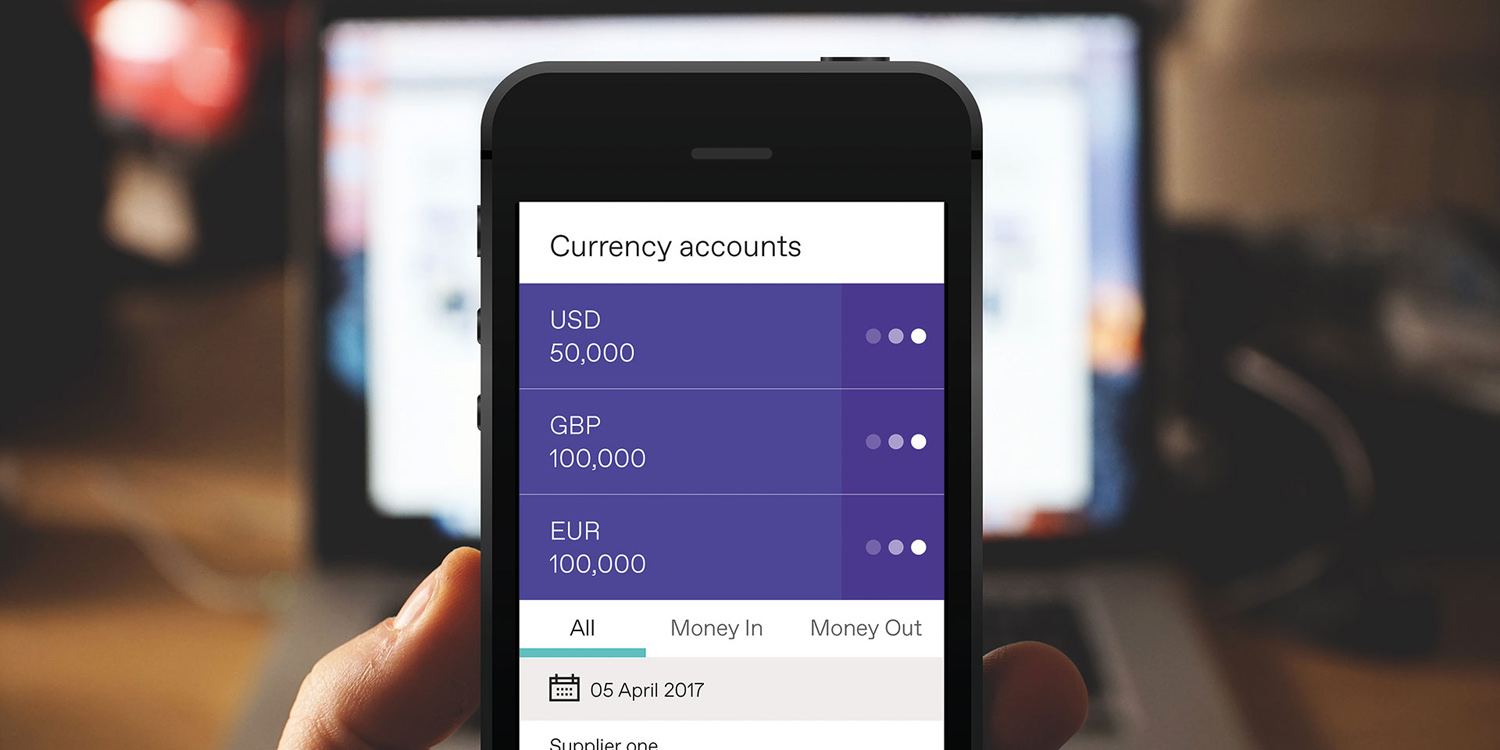The Real Costs Of Business Banking And The Real Alternative
If the UKs small businesses realised the true potential of the export opportunities out there they could contribute an extra £141bn to the UK economy a report from WorldFirst has found

If UK small businesses exported at a similar level to the global average, the total value of exports would have been $78bn higher in 2014.
WorldFirst’s Infographic tells a story of UK exports and the opportunities out there in international markets.
There are many reasons why the UK languishes behind the likes of Germany, France and the Netherlands in the EU export league – Brexit uncertainty, confusion around rules and regulations to name but two – but a key area for change is the simple cost of international business banking.
The real costs of international business banking
Domestic business banking can be notoriously fee-heavy and expensive but it can look like a comparatively good deal until a business branches out overseas. In the UK, businesses using domestic business accounts to handle international transactions can fall foul of fees several times over – for example:
1. Poor exchange rates – When you make an international transaction you will be offered an exchange rate that includes a ‘spread’ or a ‘margin’. The spread is simply the difference between the rate that the bank has purchased the currency for and the rate at which it is sold to you, their client. In short, it is a mark-up and represents the profit the bank will make. The rate offered will often be much worse than that offered by a specialist currency provider (like WorldFirst).
2. Fees to receive payments – being paid by overseas customers should be a joy, proof that the overseas expansion was a success and that your product or service has traction with your new audience. But imagine your horror to find that you’ve been charged a fee by your bank to receive this overseas payment from a customer who might also have been charged to make it?
3. Fees to make payments out – Banks often charge businesses to make even domestic payments and these fees can quickly escalate when you add in the complexity of an international, cross-currency payment. And as your business grows and you make more payments, you can quickly rack up a sizeable bill each month.
4. Monthly account fees – to help alleviate some fees, your bank might be able to open accounts for you in different currencies. However, these accounts are often actually based in the UK – so not actually local country accounts – and will often come with a monthly account fee too – yet another charge on international trade!
Finally, international business banking the way it should be
At WorldFirst we’ve created and built our new World Account with all of this in mind. And so, with the World Account, you’ll automatically benefit from:
• Great foreign exchange rates on all international transfers
• No fees on FX payments in or FX payments out of your currency accounts
• No opening charges or monthly fees on any of your currency accounts
• Access to a choice of EUR, USD, CAD and SGD local accounts opened in super-quick time
We don’t think international business banking should be the barrier to international trade, we think it should make it easier. That’s why we created the World Account – international business banking the way it should be.
CONTACT
James Read
WorldFirst
James.read@worldfirst.com
www.worldfirst.com
+44 (0) 207 018 3159
Thursday 7 December 2017 / file under Electronics | Finance | Healthcare | Machinery | Metals | Pharmaceuticals



